The fierce competition in e-commerce means that having a great product alone isn't enough. You need optimized content and detailed information that builds trust with your customers. 🛍️
This brings us to a process that can turn basic product details into rich, engaging content, called product data enrichment. With such a meticulous approach to data management, you can ensure that your product information is always accurate, complete, and ready to engage your potential shoppers. 🌟
In this guide, we'll explain what product data enrichment is all about. Here are some topics we’ll cover:
- ✔️ What it involves
- ✔️ How it can benefit your e-commerce business
- ✔️ Different ways to enrich your product data
- ✔️ Our top pick for automating product data enrichment
What Is E-Commerce Product Data Enrichment and How It Works?

Product data enrichment is your solution to inaccurate, incomplete, or non-existent product information. As the word “enrichment” suggests, it improves the value of your product data by extending the context and sourcing new insights. 📝
It’s a fairly simple process that identifies and fills data gaps with accurate, current, and relevant details. You can gather this information from online sources or data providers, and then update and refine your product data.
Data enrichment isn’t reserved for product descriptions. You can apply it to every piece of information about products, including:
- ✅ Metadata
- ✅ Attributes
- ✅ Pricing details
- ✅ SEO tags and keywords
This process is important for e-commerce sales because it improves the quality of product information which triggers a better shopping experience and increases conversions. So, the next time suppliers and manufacturers give minimal product data, you don’t need to settle for lackluster product descriptions—simply enrich your data.
Data enrichment and enhancement can also help you manage your data in several other ways:
💡 Bonus read: Read our guides for data analysis management and relevant data protection regulations. After that, see the application of data enrichment in the retail industry.
Why Do You Need Product Data Enrichment?

Enriching product data can be essential to improving your e-commerce content. That single step can bring numerous benefits and help you reach key metrics. 🎯
Here’s what it can do for you:
- Boost content SEO
- Level-up customer experience
- Increase conversions
- Minimize refunds and returns
Boost Content SEO
Improving your SEO starts with accurate and complete product data. With data enrichment, you can:
- ✔️ Identify missing information
- ✔️ Source relevant keywords
- ✔️ Discover high-ranking tags
- ✔️ Address the key questions your customers are searching for
This abundant information can help you optimize content and achieve higher search engine rankings.
For example, let’s say you’re selling a men’s faux leather jacket. The basic details might only be that it’s men’s, made of faux leather, and comes in black or brown. That doesn’t capture what shoppers are looking for. Some might want a bomber jacket and others a motorcycle style. 🧥
If that jacket isn’t described in detail and properly categorized, it might not show up in search results. If it doesn’t show up, it can’t be recommended to someone who might buy it.
This illustrates how a poorly described and unoptimized product can easily get lost in the sea of options. 🌊
Level-Up Customer Experience
Your product content strategy should be customer-focused which means that you need to speak your customer’s language. This is where product data enrichment comes in handy as it can collect information about features and benefits that resonate with your customers. 💘
After you polish up your site and product descriptions with these newfound details, potential customers will:
- Have a clear understanding of the features
- Know the exact product specs
- Be able to see how it’s better than similar products
- Find all the answers to their questions in a jiff
- Decide whether it’s the right fit
Increase Conversions
Here’s an eye-opening statistic—70% of shoppers leave a product page because the information is unclear or missing. This is a reminder of how important detailed product data is.
When customers can quickly find what they’re looking for and read a detailed, enticing description, making a purchase will feel like the natural next step. 🛒
It’s important to mention that product descriptions aren’t the only element that drives conversions. Data enrichment can also help you improve other areas like:
- Delivery options 🚛
- Shipping details 📦
- Warranty information 📄
- Exchange and return policies 🔁
With all this information just a few clicks away, customers are more likely to trust your site. That trust can be the final push they need to hit the “buy” button.
Minimize Refunds and Returns
One of the biggest reasons for returns is inaccurate product information. No surprise there since if a product doesn’t match its description, customers will most likely send it back.
E-commerce owners and managers often face this issue when they receive incomplete details from manufacturers or don’t know what information shoppers need. Data enrichment can help fix this.
Better data means happier customers and fewer problems. By filling in gaps and improving your product information, you’ll cut down on returns and refunds. 🤝
How To Enrich Product Data

For product data enrichment to do its magic, you need to follow a system. This will help you get the most out of this process and streamline your operations.
Here’s a simple breakdown of how it all works.
- 🧺 Collecting data—This step refers to gathering product information. You can use first-party sources like an internal database as well as third-party sources like competitors’ sites, info from suppliers, data from manufacturers, etc.
- 📁 Standardizing data—You’ll want to make sure that all your info is in a consistent format and structure. This makes data much easier to manage and work with
- 🌟 Enriching data—At the core of the data enrichment process is augmenting raw data with new insights like attributes, metadata, customer reviews, etc.
- 🔗 Integrating data—To get the updated product data to the right teams, you need to integrate it into your tech stack. This includes systems such as CRM software, e-commerce platforms, and inventory management tools
💡 Bonus read: Learn the benefits of CRM data enrichment and find the best tools with a free trial.
Methods of Enriching Product Data

If you want to start with data enrichment, you have several methods to choose from. The right one will depend on:
- Size of your team 👥
- Budget 💲
- Data you want to enrich 🗂️
- Complexity of your product data 🖥️
To help you make the best choice for your e-commerce business, we’ll go over the following methods:
- Manual enrichment
- Third-party data providers
- E-commerce product data enrichment services
- Data enrichment tools
Manual Enrichment
If you want to cut costs and you have enough team members to handle the workload, you can enrich product data manually. In this case, you’ll have to:
- Compare your product data with competitors’ ✔️
- Identify missing data points ✔️
- Research each product and find the missing data ✔️
- Verify the information by comparing it across multiple sources ✔️
- Enter the new data by hand ✔️
This is a labor-intensive method that can lead to overlooked details and data errors, so it might not be the best solution. It can make sense, though, if you have a smaller product catalog. 📕
Third-Party Data Providers
You can skip the researching and verifying process if you buy data from third-party data providers. These specialized companies will take over gathering and cross-checking information and then hand you over the data points you need. 💼
They generally don’t handle integrating the data into your systems, so that part will be up to you. It’s a bit of a hybrid approach since you’ll outsource the research and still manage data entry and enrichment on your end.
While this is a one-time expense, it can be pricey. 💰
E-Commerce Product Data Enrichment Services
Another option is to hire e-commerce product data enrichment services and let them handle the entire process. The advantages of this method are:
- No need for you to manage data enrichment yourself
- Access to their extensive internal databases
- Experts who can identify gaps you might miss on your own
What might stop you from hiring product data enrichment services is the cost. Working with industry experts comes with a hefty price tag. Another potential issue is that it can take time to find a data enrichment company for a long-term partnership—time you might not have. ⏳
Data Enrichment Tools
If you want speed, efficiency, and a cost-effective solution, data enrichment tools are your best choice. These platforms use AI and machine learning to find gaps in your product data and enrich them with valuable information. 🦾
They can tap into all sorts of sources, including:
- Competitors’ sites
- Manufacturer’s website
- Review sites
- Social media
- Third-party data providers
Another benefit is that you can integrate these tools into your existing tech setup, and they will update the information automatically. 🔌
Now, the quality of your data enrichment process is directly tied to the platform you choose. With so many options available, it can take some time to find the best fit. 🔎
To simplify your search, we’ve singled out several key factors in the table below:
Not many platforms meet all these criteria, but there’s one that hits every mark and then some—Clay. 💫
If you’re looking for a great option, Clay is our recommendation. Let’s explain why.
Automate Product Data Enrichment With Clay

Clay is an advanced sales automation and data enrichment platform that can collect any product data you need with just a few clicks. 🖱️
Nothing can slip under its radar since it integrates with 75+ data providers and uses waterfall enrichment to comb through them one by one to find the info you want. It also saves you money since you only pay for successful matches. 💯
What really sets Clay apart are its AI-powered features.
With its AI enrichment, you can:
- ✅ Analyze PDFs to gather product data
- ✅ Scrape and summarize competitors’ and suppliers’ websites
- ✅ Review your product listings to spot inconsistencies in product descriptions

If you want to get even more specific with your research, use Claygent—your personal AI researcher and assistant. All you need to do is to give it a prompt, and it will turn every corner of the internet to find the answer. 🤖
Here are just some ways how Claygent can help you with product data enrichment:
How Else Can You Use Clay To Boost Your Sales?

Enriching product data is only one of Clay’s many talents. Clay can even help you with your sales and marketing tasks.
If you sign up for Clay, you’ll get other nifty tools in the package, like:
- Data scraping ⛏️
- Personalized messaging 💌
- CRM enrichment 🗄️
Take an active approach to sales by scraping and enriching your leads. Clay can supplement your current contacts with new info or help you find new leads from virtually any website with its Chrome Extension.
The platform can automatically fill your CRM with all the new data points thanks to CRM enrichment. Whether you’re using HubSpot, Salesforce, or another popular CRM, Clay will keep your contacts up-to-date. ⏱️
Once you have your list of potential customers with complete and verified contact details, you can use Clay’s AI Messaging to draft hyper-personalized marketing emails.
Since Clay integrates with over 100 platforms, you should have no trouble linking it to your email sequencer and launching your marketing campaign. 📨
Transparent and Flexible Pricing
Clay lets you try out all its features at no cost and with no strings attached with its free forever plan. This option supports unlimited users, so your whole team can take it for a test drive. 🚘
If you decide Clay is a good fit, you can upgrade to one of its paid tiers:
Sign up for Clay in Three Steps
It’s super easy to get started with Clay. All you need to do to create your free Clay account is follow these three steps:
- Go to the signup page 🖥️
- Enter your name and email and set the password ⌨️
- Automate data enrichment with Clay 🦾
Feel free to visit Clay University for tutorials on how to use Clay’s tools. The step-by-step videos can show you all the tricks and features. You can also learn more about the platform directly from Clay users by joining the Slack community.
For those who like to stay in the loop, we suggest signing up for the newsletter as it will keep you updated on all the latest industry news.
💡Keep reading: If you’d like to know how you can use data enrichment beyond product data, these guides can give you a good starting point:
The fierce competition in e-commerce means that having a great product alone isn't enough. You need optimized content and detailed information that builds trust with your customers. 🛍️
This brings us to a process that can turn basic product details into rich, engaging content, called product data enrichment. With such a meticulous approach to data management, you can ensure that your product information is always accurate, complete, and ready to engage your potential shoppers. 🌟
In this guide, we'll explain what product data enrichment is all about. Here are some topics we’ll cover:
- ✔️ What it involves
- ✔️ How it can benefit your e-commerce business
- ✔️ Different ways to enrich your product data
- ✔️ Our top pick for automating product data enrichment
What Is E-Commerce Product Data Enrichment and How It Works?

Product data enrichment is your solution to inaccurate, incomplete, or non-existent product information. As the word “enrichment” suggests, it improves the value of your product data by extending the context and sourcing new insights. 📝
It’s a fairly simple process that identifies and fills data gaps with accurate, current, and relevant details. You can gather this information from online sources or data providers, and then update and refine your product data.
Data enrichment isn’t reserved for product descriptions. You can apply it to every piece of information about products, including:
- ✅ Metadata
- ✅ Attributes
- ✅ Pricing details
- ✅ SEO tags and keywords
This process is important for e-commerce sales because it improves the quality of product information which triggers a better shopping experience and increases conversions. So, the next time suppliers and manufacturers give minimal product data, you don’t need to settle for lackluster product descriptions—simply enrich your data.
Data enrichment and enhancement can also help you manage your data in several other ways:
💡 Bonus read: Read our guides for data analysis management and relevant data protection regulations. After that, see the application of data enrichment in the retail industry.
Why Do You Need Product Data Enrichment?

Enriching product data can be essential to improving your e-commerce content. That single step can bring numerous benefits and help you reach key metrics. 🎯
Here’s what it can do for you:
- Boost content SEO
- Level-up customer experience
- Increase conversions
- Minimize refunds and returns
Boost Content SEO
Improving your SEO starts with accurate and complete product data. With data enrichment, you can:
- ✔️ Identify missing information
- ✔️ Source relevant keywords
- ✔️ Discover high-ranking tags
- ✔️ Address the key questions your customers are searching for
This abundant information can help you optimize content and achieve higher search engine rankings.
For example, let’s say you’re selling a men’s faux leather jacket. The basic details might only be that it’s men’s, made of faux leather, and comes in black or brown. That doesn’t capture what shoppers are looking for. Some might want a bomber jacket and others a motorcycle style. 🧥
If that jacket isn’t described in detail and properly categorized, it might not show up in search results. If it doesn’t show up, it can’t be recommended to someone who might buy it.
This illustrates how a poorly described and unoptimized product can easily get lost in the sea of options. 🌊
Level-Up Customer Experience
Your product content strategy should be customer-focused which means that you need to speak your customer’s language. This is where product data enrichment comes in handy as it can collect information about features and benefits that resonate with your customers. 💘
After you polish up your site and product descriptions with these newfound details, potential customers will:
- Have a clear understanding of the features
- Know the exact product specs
- Be able to see how it’s better than similar products
- Find all the answers to their questions in a jiff
- Decide whether it’s the right fit
Increase Conversions
Here’s an eye-opening statistic—70% of shoppers leave a product page because the information is unclear or missing. This is a reminder of how important detailed product data is.
When customers can quickly find what they’re looking for and read a detailed, enticing description, making a purchase will feel like the natural next step. 🛒
It’s important to mention that product descriptions aren’t the only element that drives conversions. Data enrichment can also help you improve other areas like:
- Delivery options 🚛
- Shipping details 📦
- Warranty information 📄
- Exchange and return policies 🔁
With all this information just a few clicks away, customers are more likely to trust your site. That trust can be the final push they need to hit the “buy” button.
Minimize Refunds and Returns
One of the biggest reasons for returns is inaccurate product information. No surprise there since if a product doesn’t match its description, customers will most likely send it back.
E-commerce owners and managers often face this issue when they receive incomplete details from manufacturers or don’t know what information shoppers need. Data enrichment can help fix this.
Better data means happier customers and fewer problems. By filling in gaps and improving your product information, you’ll cut down on returns and refunds. 🤝
How To Enrich Product Data

For product data enrichment to do its magic, you need to follow a system. This will help you get the most out of this process and streamline your operations.
Here’s a simple breakdown of how it all works.
- 🧺 Collecting data—This step refers to gathering product information. You can use first-party sources like an internal database as well as third-party sources like competitors’ sites, info from suppliers, data from manufacturers, etc.
- 📁 Standardizing data—You’ll want to make sure that all your info is in a consistent format and structure. This makes data much easier to manage and work with
- 🌟 Enriching data—At the core of the data enrichment process is augmenting raw data with new insights like attributes, metadata, customer reviews, etc.
- 🔗 Integrating data—To get the updated product data to the right teams, you need to integrate it into your tech stack. This includes systems such as CRM software, e-commerce platforms, and inventory management tools
💡 Bonus read: Learn the benefits of CRM data enrichment and find the best tools with a free trial.
Methods of Enriching Product Data

If you want to start with data enrichment, you have several methods to choose from. The right one will depend on:
- Size of your team 👥
- Budget 💲
- Data you want to enrich 🗂️
- Complexity of your product data 🖥️
To help you make the best choice for your e-commerce business, we’ll go over the following methods:
- Manual enrichment
- Third-party data providers
- E-commerce product data enrichment services
- Data enrichment tools
Manual Enrichment
If you want to cut costs and you have enough team members to handle the workload, you can enrich product data manually. In this case, you’ll have to:
- Compare your product data with competitors’ ✔️
- Identify missing data points ✔️
- Research each product and find the missing data ✔️
- Verify the information by comparing it across multiple sources ✔️
- Enter the new data by hand ✔️
This is a labor-intensive method that can lead to overlooked details and data errors, so it might not be the best solution. It can make sense, though, if you have a smaller product catalog. 📕
Third-Party Data Providers
You can skip the researching and verifying process if you buy data from third-party data providers. These specialized companies will take over gathering and cross-checking information and then hand you over the data points you need. 💼
They generally don’t handle integrating the data into your systems, so that part will be up to you. It’s a bit of a hybrid approach since you’ll outsource the research and still manage data entry and enrichment on your end.
While this is a one-time expense, it can be pricey. 💰
E-Commerce Product Data Enrichment Services
Another option is to hire e-commerce product data enrichment services and let them handle the entire process. The advantages of this method are:
- No need for you to manage data enrichment yourself
- Access to their extensive internal databases
- Experts who can identify gaps you might miss on your own
What might stop you from hiring product data enrichment services is the cost. Working with industry experts comes with a hefty price tag. Another potential issue is that it can take time to find a data enrichment company for a long-term partnership—time you might not have. ⏳
Data Enrichment Tools
If you want speed, efficiency, and a cost-effective solution, data enrichment tools are your best choice. These platforms use AI and machine learning to find gaps in your product data and enrich them with valuable information. 🦾
They can tap into all sorts of sources, including:
- Competitors’ sites
- Manufacturer’s website
- Review sites
- Social media
- Third-party data providers
Another benefit is that you can integrate these tools into your existing tech setup, and they will update the information automatically. 🔌
Now, the quality of your data enrichment process is directly tied to the platform you choose. With so many options available, it can take some time to find the best fit. 🔎
To simplify your search, we’ve singled out several key factors in the table below:
Not many platforms meet all these criteria, but there’s one that hits every mark and then some—Clay. 💫
If you’re looking for a great option, Clay is our recommendation. Let’s explain why.
Automate Product Data Enrichment With Clay

Clay is an advanced sales automation and data enrichment platform that can collect any product data you need with just a few clicks. 🖱️
Nothing can slip under its radar since it integrates with 75+ data providers and uses waterfall enrichment to comb through them one by one to find the info you want. It also saves you money since you only pay for successful matches. 💯
What really sets Clay apart are its AI-powered features.
With its AI enrichment, you can:
- ✅ Analyze PDFs to gather product data
- ✅ Scrape and summarize competitors’ and suppliers’ websites
- ✅ Review your product listings to spot inconsistencies in product descriptions

If you want to get even more specific with your research, use Claygent—your personal AI researcher and assistant. All you need to do is to give it a prompt, and it will turn every corner of the internet to find the answer. 🤖
Here are just some ways how Claygent can help you with product data enrichment:
How Else Can You Use Clay To Boost Your Sales?

Enriching product data is only one of Clay’s many talents. Clay can even help you with your sales and marketing tasks.
If you sign up for Clay, you’ll get other nifty tools in the package, like:
- Data scraping ⛏️
- Personalized messaging 💌
- CRM enrichment 🗄️
Take an active approach to sales by scraping and enriching your leads. Clay can supplement your current contacts with new info or help you find new leads from virtually any website with its Chrome Extension.
The platform can automatically fill your CRM with all the new data points thanks to CRM enrichment. Whether you’re using HubSpot, Salesforce, or another popular CRM, Clay will keep your contacts up-to-date. ⏱️
Once you have your list of potential customers with complete and verified contact details, you can use Clay’s AI Messaging to draft hyper-personalized marketing emails.
Since Clay integrates with over 100 platforms, you should have no trouble linking it to your email sequencer and launching your marketing campaign. 📨
Transparent and Flexible Pricing
Clay lets you try out all its features at no cost and with no strings attached with its free forever plan. This option supports unlimited users, so your whole team can take it for a test drive. 🚘
If you decide Clay is a good fit, you can upgrade to one of its paid tiers:
Sign up for Clay in Three Steps
It’s super easy to get started with Clay. All you need to do to create your free Clay account is follow these three steps:
- Go to the signup page 🖥️
- Enter your name and email and set the password ⌨️
- Automate data enrichment with Clay 🦾
Feel free to visit Clay University for tutorials on how to use Clay’s tools. The step-by-step videos can show you all the tricks and features. You can also learn more about the platform directly from Clay users by joining the Slack community.
For those who like to stay in the loop, we suggest signing up for the newsletter as it will keep you updated on all the latest industry news.
💡Keep reading: If you’d like to know how you can use data enrichment beyond product data, these guides can give you a good starting point:






















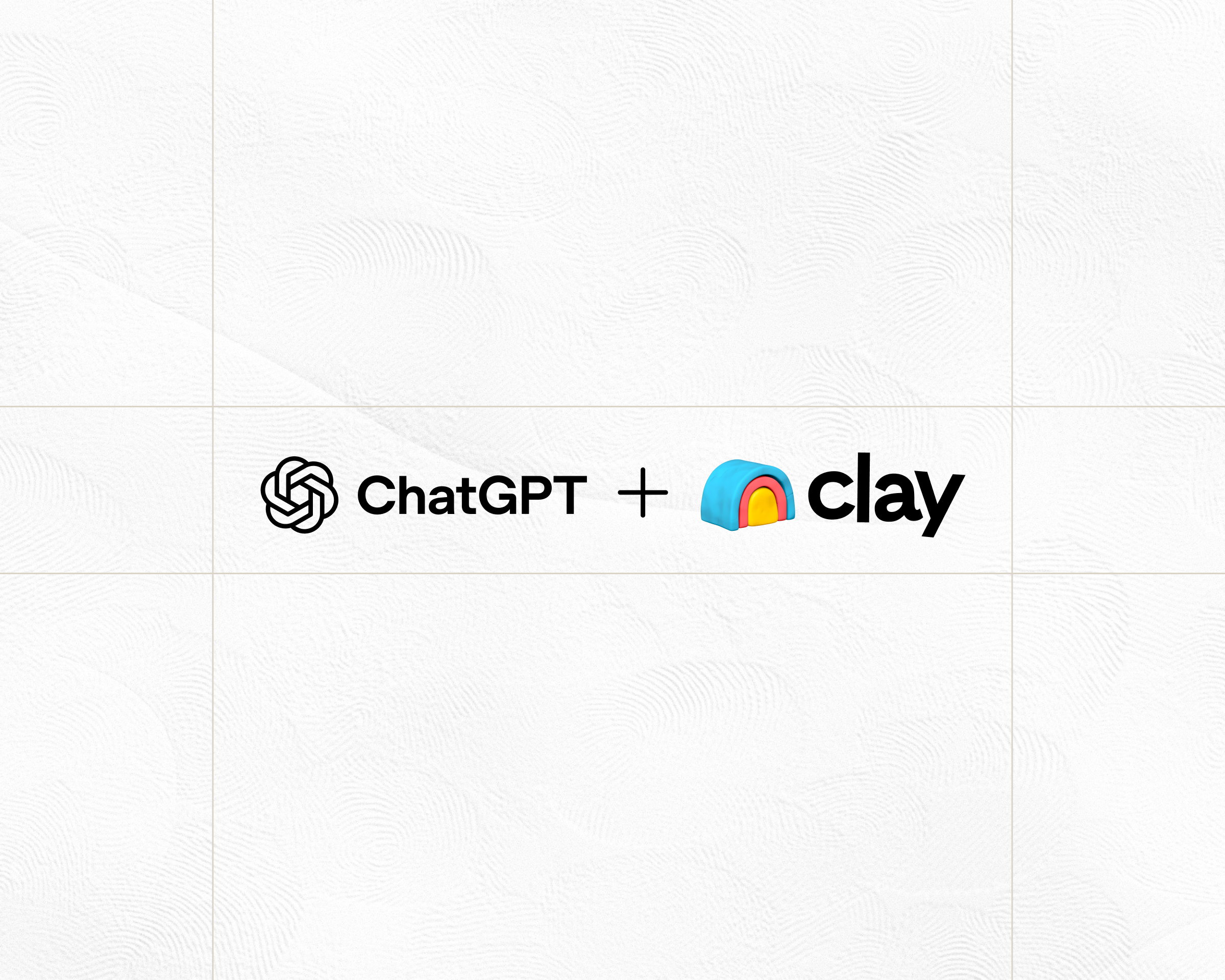
.jpg)


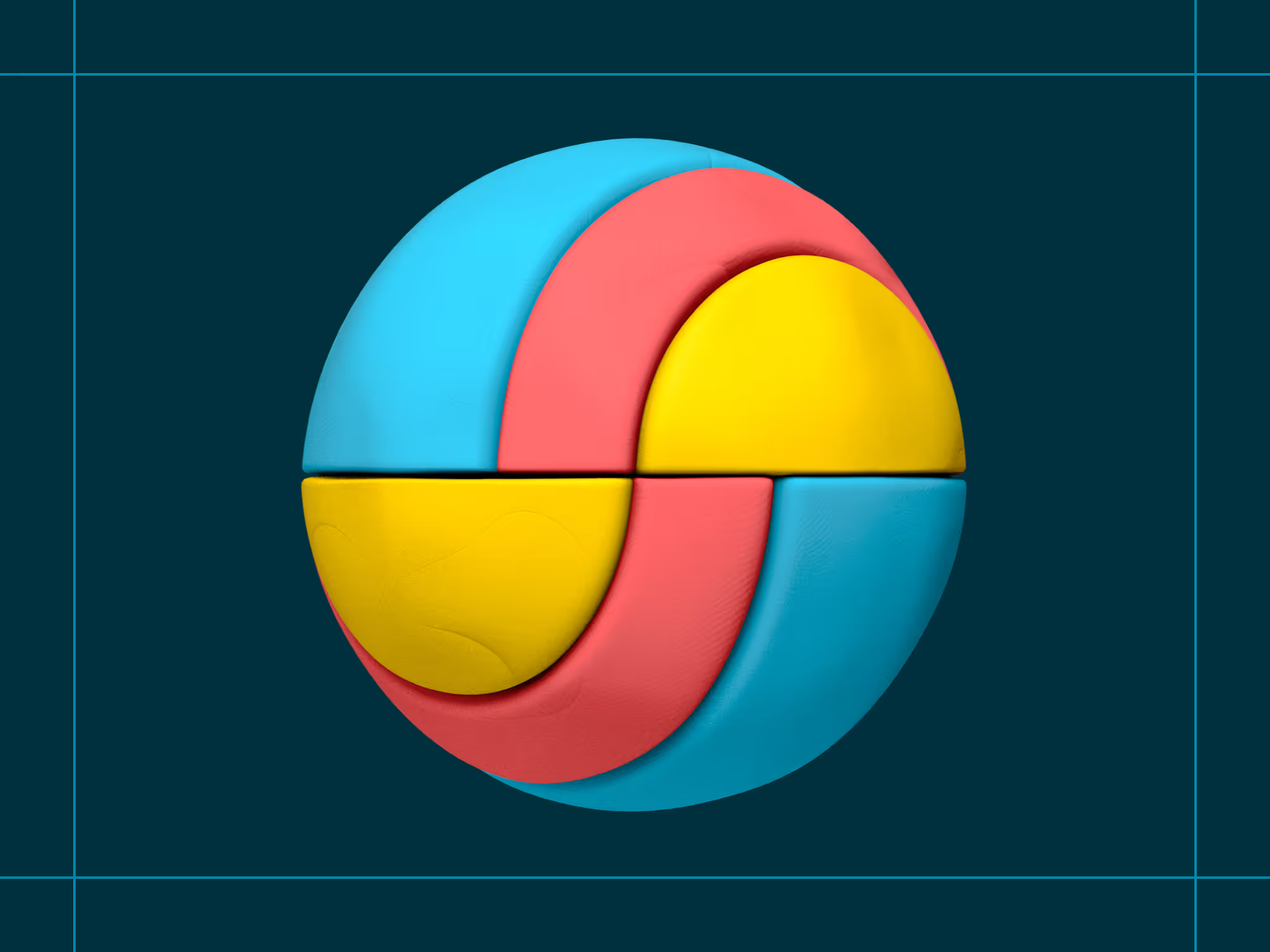
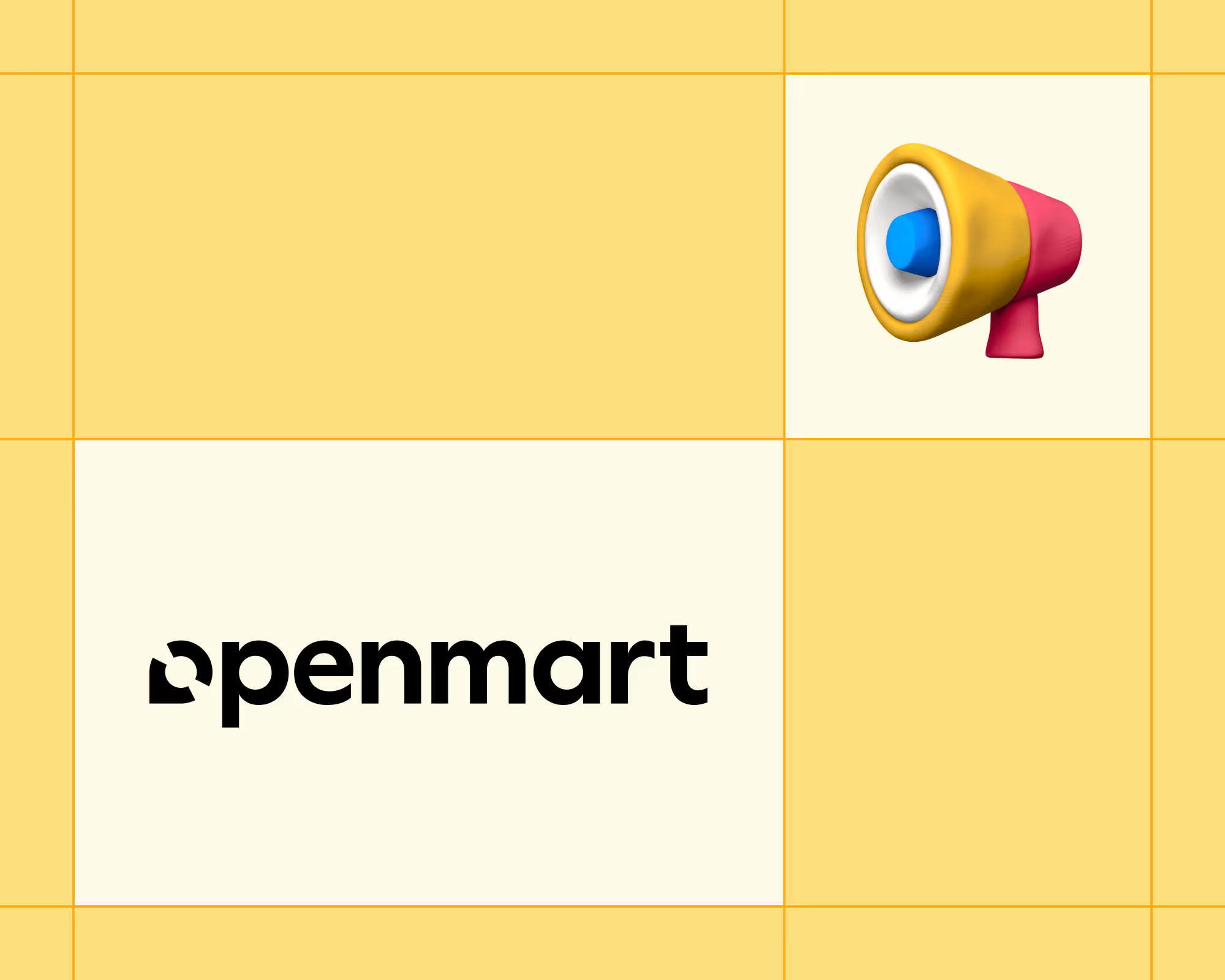
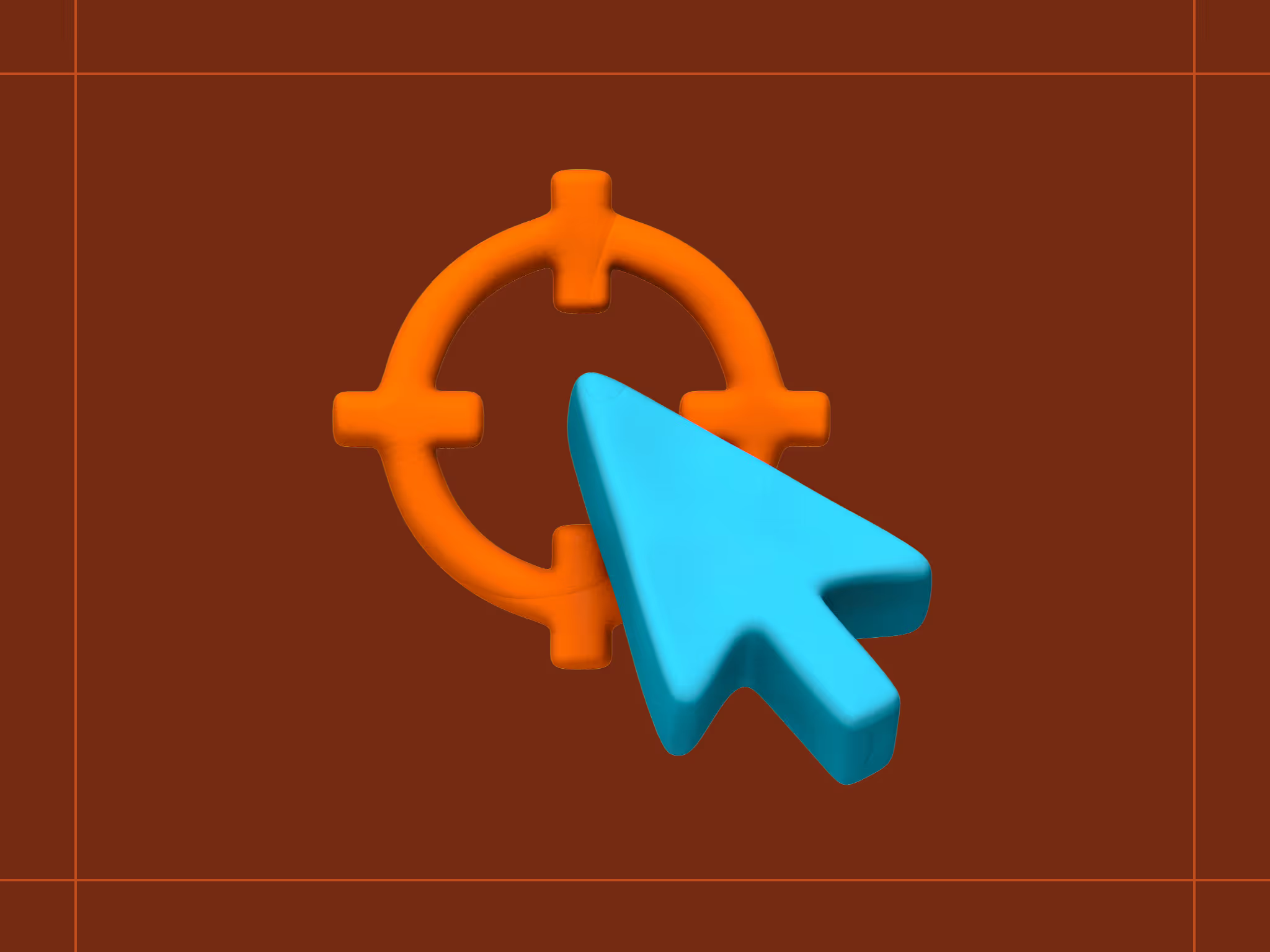
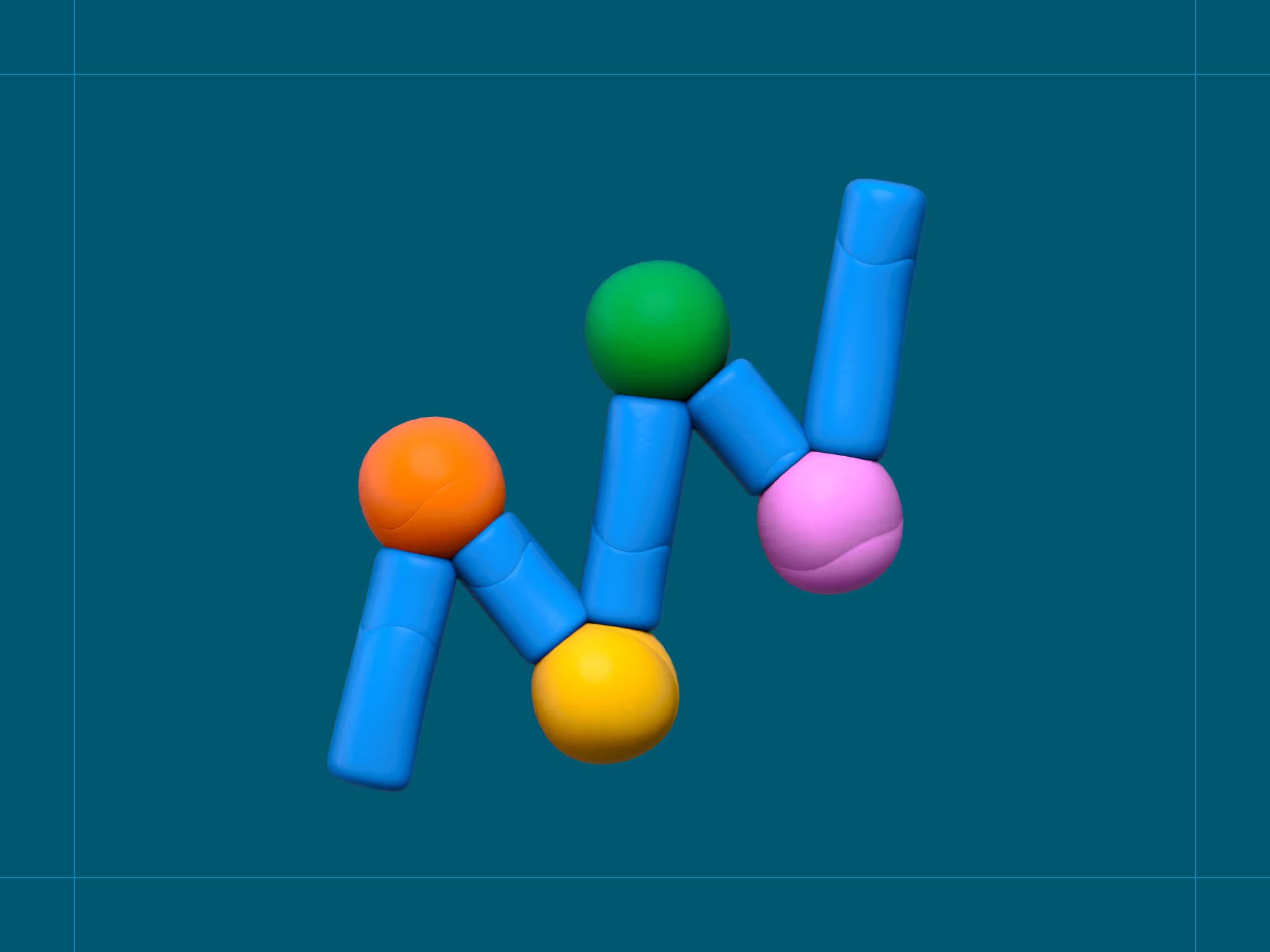
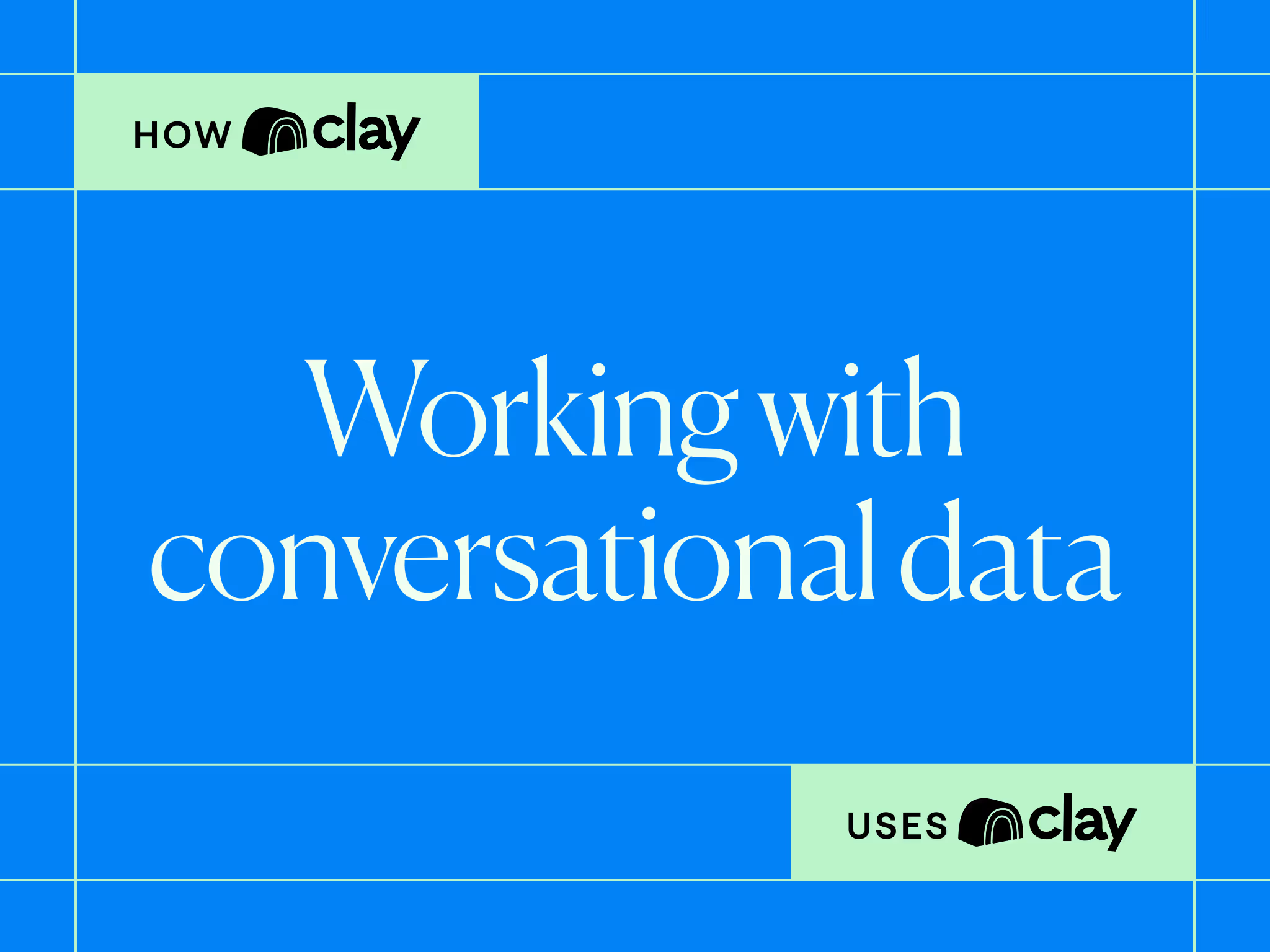
.avif)
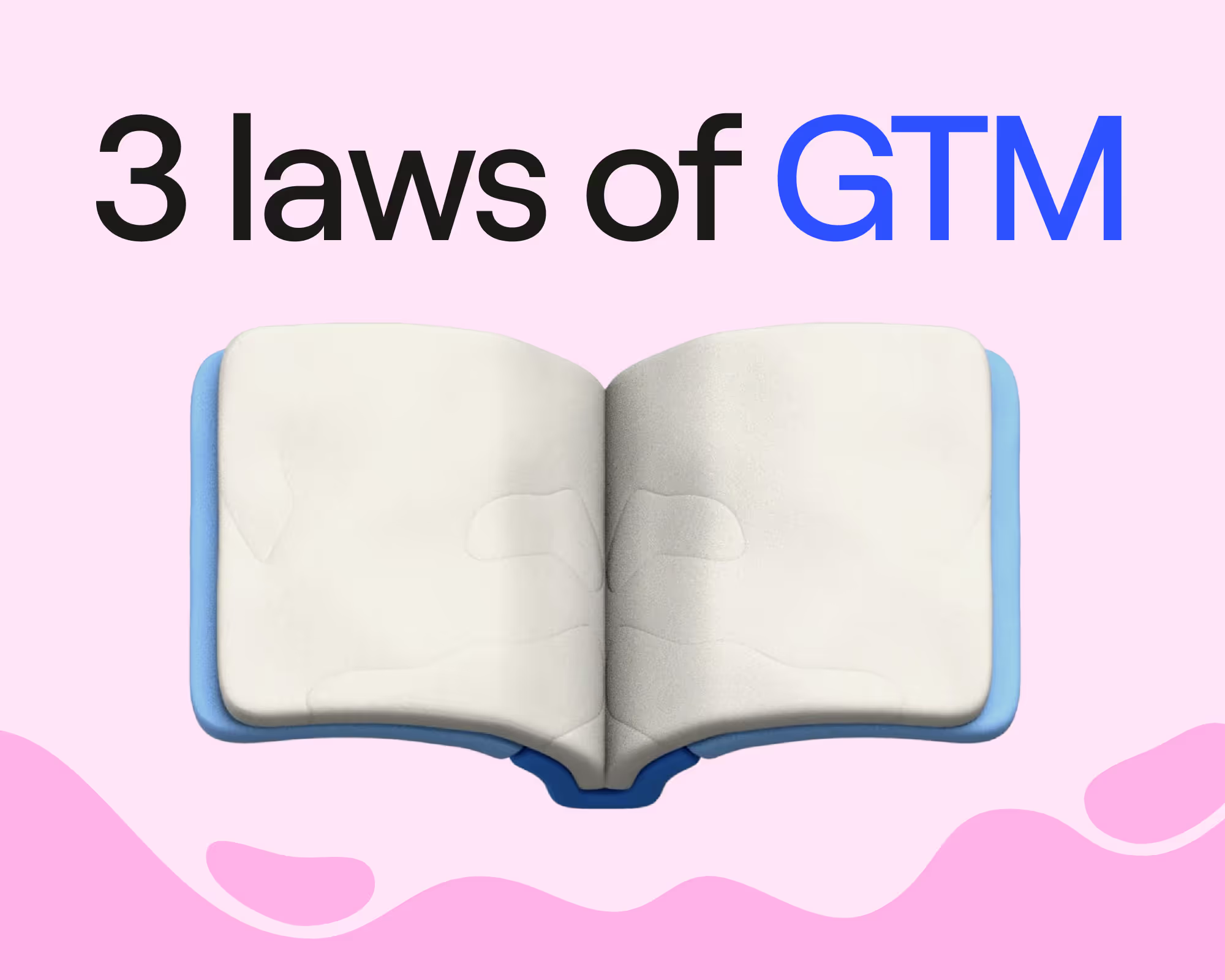

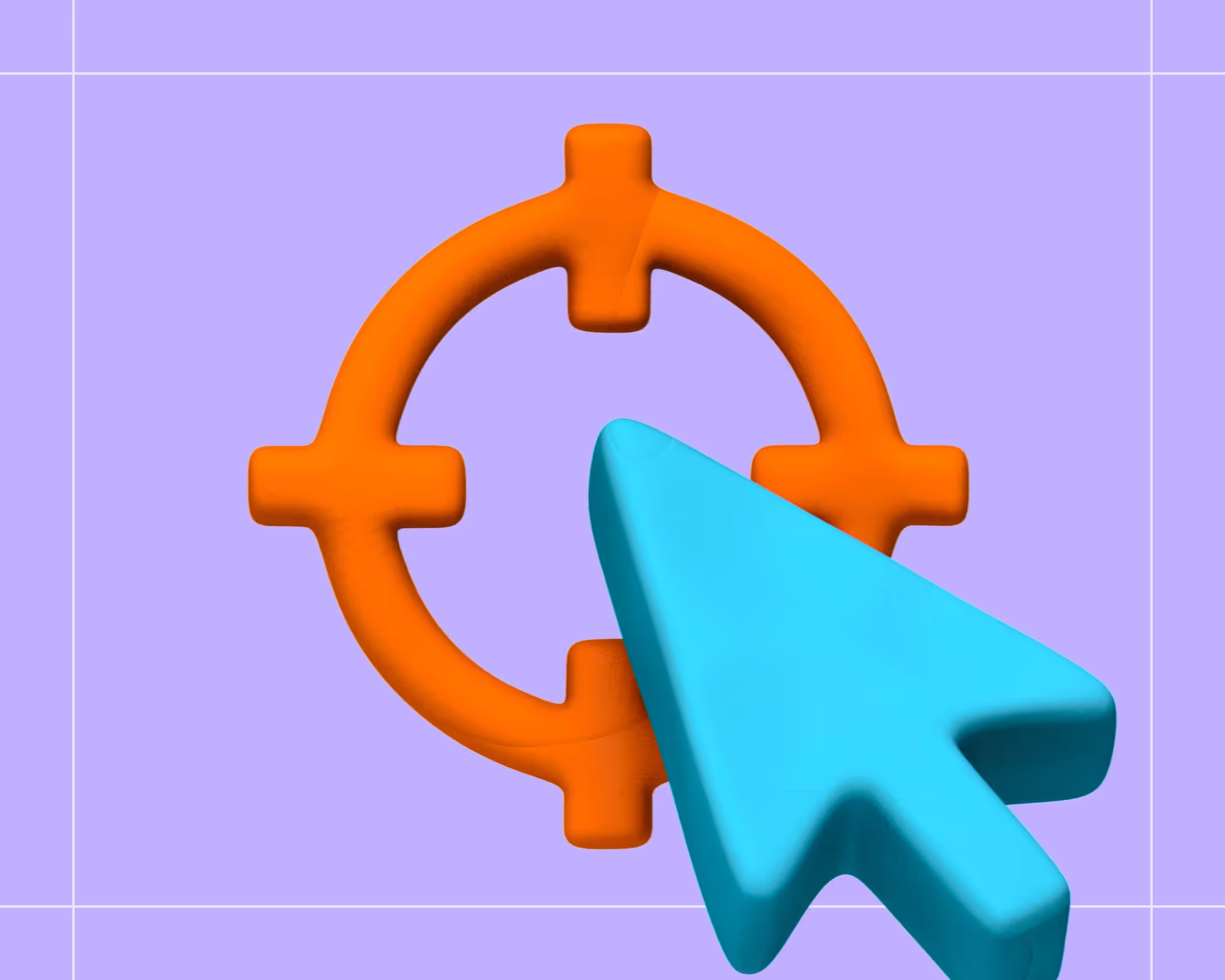








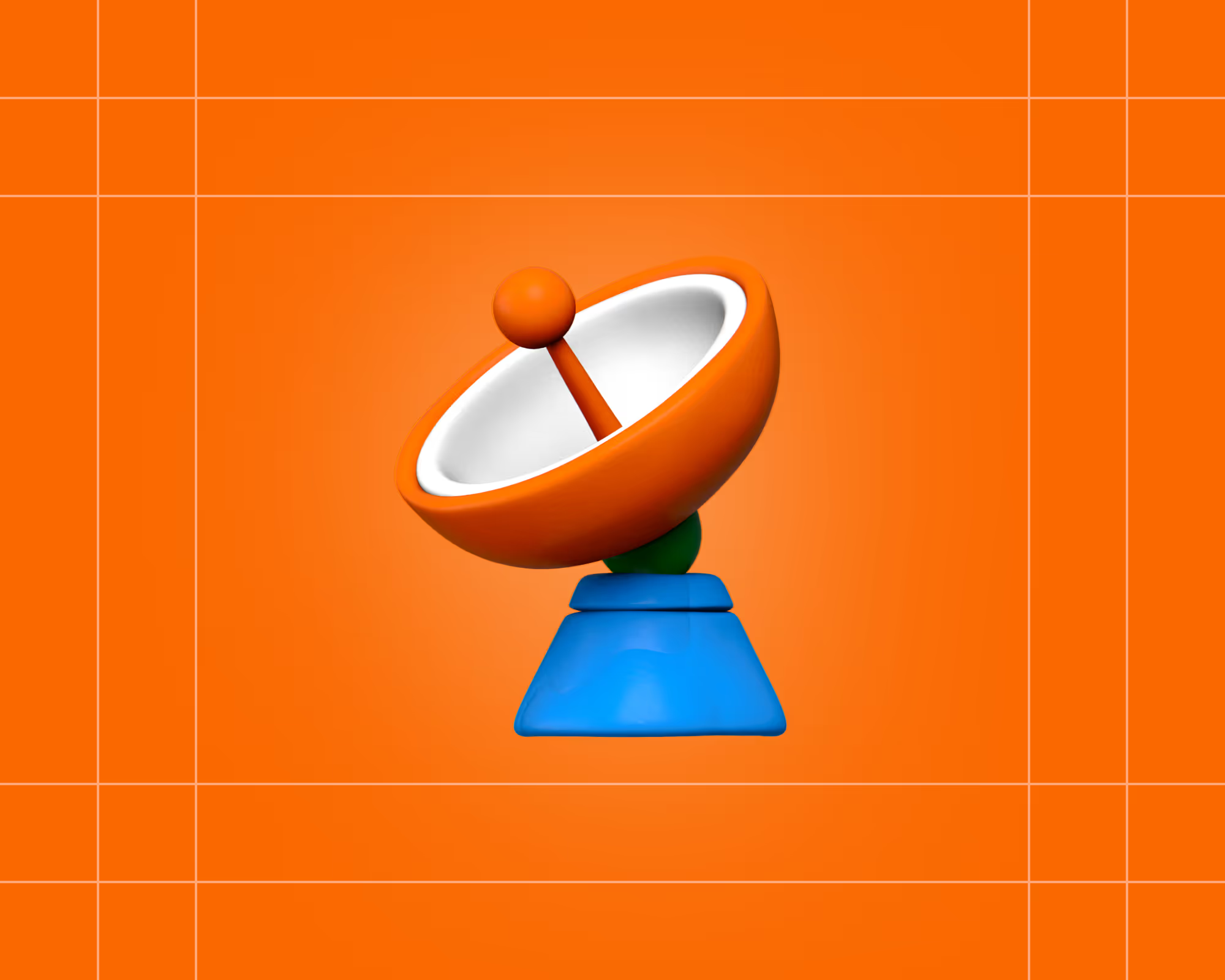




.avif)











.avif)
.avif)






















































